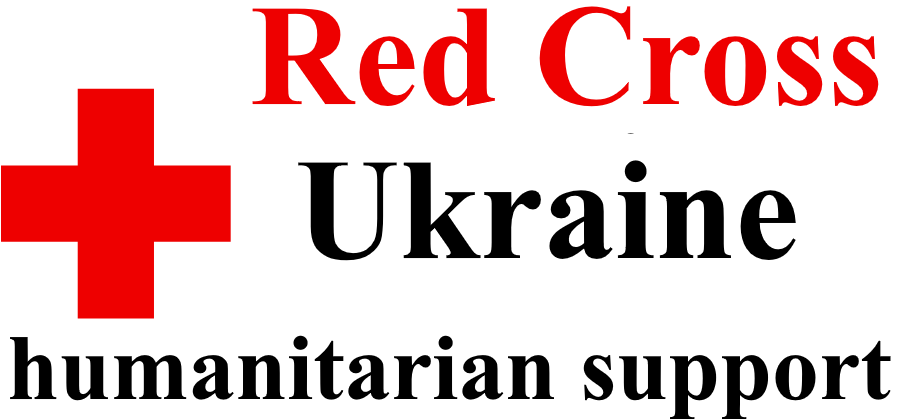Shortening – contraction – clipping – blending – abbreviation

Dear All,
One can hear people using a variety of terms to refer to “shortened words” such as ‘shortenings’, ‘abbreviations’, etc. This post looks at these terms from the linguistic perspective to explain and help use them correctly. This post focuses on the lexical layer of the language.
Let’s start with the most generic term:
Shortening – any form of a word that is “shrunk”.
e.g. don’t (do + not), YMCA (Young Men’s Christian Association), UNESCO (the United Nations Educational, Scientific and Cultural Organization), etc.
Contraction (= fusion) – another generic term – two words which are combined together and are pronounced as one new word (typically functional words such as auxiliary verbs, articles, and prepositions).
e.g. don’t (do + not), shouldn’t (should + not), wanna (want + to), au (Fr. à + le), etc.
Clipping – dropping (clipping) of a part of a word:
a) initial (= fore = apheresis) – the front part of the word is dropped
e.g. (tele)phone, (air)plane
b) medial (= syncope) – the middle part of the word is dropped
e.g. math(ematic)s, spec(ification)s
c) final (= back = apocope) – the hinder part of the word is dropped
e.g. info(rmation), gas(oline)
d) complex (= mixed) – two or more instances (one or more types) of clipping used together to form a new word
e.g. (re)frige(rator) – initial and final clipping, sci(ence)-fi(ction) – final clipping used twice
Blending* – formation of a new word with a distinctive meaning out of two or more other words
e.g. smog (smoke + fog), hangry (hungry + angry)
Abbreviation – creation of new words based on another word or words that are shortened to its or their initial letter(s) only
a) acronym – the abbreviated word is pronounced as a whole new word rather than letter by letter
e.g. UNESCO (pronounced [juːˈnɛskəʊ])
b) initialism (= alphabetism) – the abbreviated word is pronounced letter by letter
e.g. OCR** (pronounced [əʊ siː ˈaːr])
Abbreviation in more detail as it is of particular interest from the perspective of modern language use. Abbreviation is a highly productive way of forming new words in English. Below are just a few examples that I have come across recently doing my routine work such as reading a book on post-secondary education and communicating with my colleagues via instant messaging:
hru*** – how are you
diy – do it yourself
np – no problem
eom – end of message
eod – end of day
ty – thank you
ttyl – talk to you later
lol – laughing out loudly
asap – as soon as possible
btw – by the way
It is interesting to reflect on why this is such a productive way of forming new lexical units. While professional terminology always tended to use abbreviations, in modern English it is quite a common phenomenon to see even commonly used words and phrases abbreviated. It is possible to distinguish two major contributing factors:
- The development of instant message communication (e.g. SMS, Skype, etc.) and social media (e.g. Twitter – the whole message must be within 140-character limit)
- English is an analytic language – i.e. grammatical forms in English tend to be expressed with the help of separate words (e.g. the verb “to be” can be used to show the grammatical categories of the number, the person and the tense: I am (1st pers. sing., present) playing the guitar). Therefore, words tend to be short generally and in order to shorten them even further – abbreviation is used.
In brief, this post has addressed the question of the variety of terms used to refer to shortened forms: shortening, contraction, clipping, blending, and abbreviation. Abbreviation has been discussed in more detail as one of the most productive ways of shortening words and phrases.
Have you come across an interesting way of shortening words? Do you have any ideas regarding shortened words in English and other languages? Please share in the comments to this post.
*Sometimes it may be difficult to distinguish between complex clipping and blending – Bauer (1983) suggests that a particular type of shortening can be distinguished based on the stress of the word – if two (or more) stresses are preserved or found in each shortened part, then it is a case of complex clipping (e.g. sitcom, hi-fi); if only one stress is preserved or found in the new word, then it is a case of blending (e.g. spork).
** An IT term meaning “optical character recognition”.
*** This is one of the funniest abbreviations because in Ukrainian “hru” means ‘oink’ and it is funny when somebody greets another person with an “oink”.
References
Bauer, L. (1983). English Word-Formation. Cambridge: Cambridge University Press.
Iaroslav
- Posted in: Anatomy of Linguistics
- Tagged: abbreviation, acronym, alphabetism, apheresis, apocope, blending, clipping, contraction, definition, fusion, initialism, shortening

Abbreviation is interesting because of its inconsistencies. For example, when seeing something like “hru” the reader reads it as “how are you,” not as three separate letters. However, when seeing something like VCR (I know, I’m dating myself here), this would be initialism. However, one of the most interesting example in this category to me is “lol,” because it is pronounced phonetically. I suppose UNESCO behaves the same way but it is more common with abbreviations of organizations’ names than it is internet speech. Really interesting post to read!